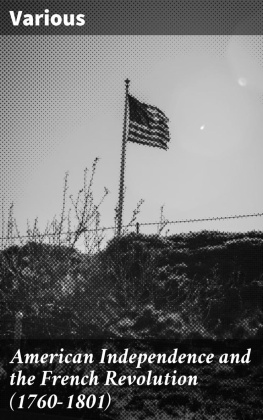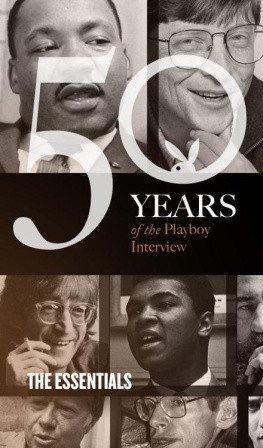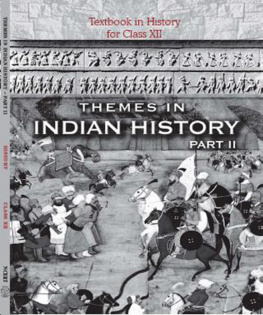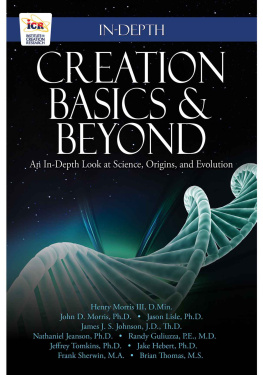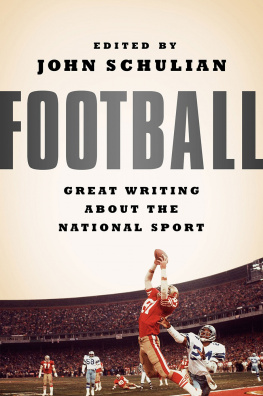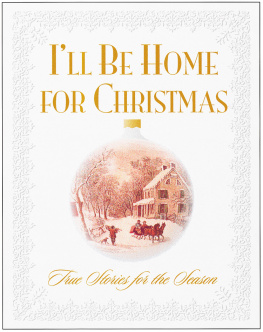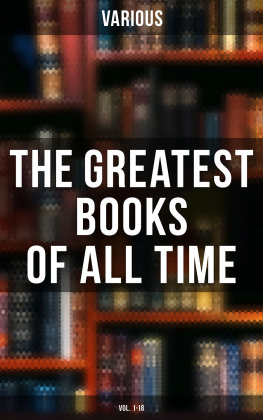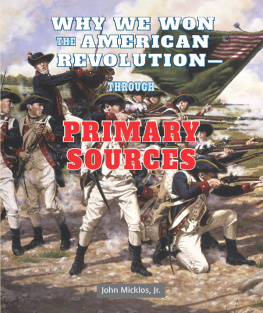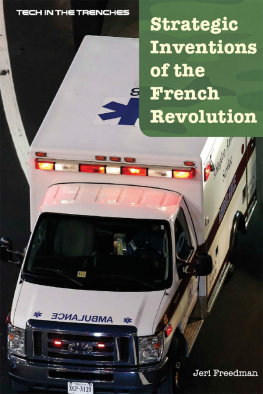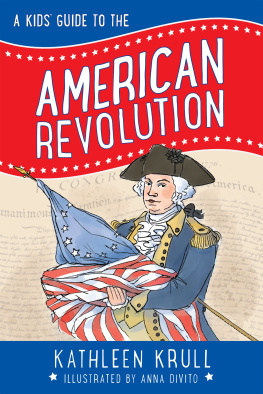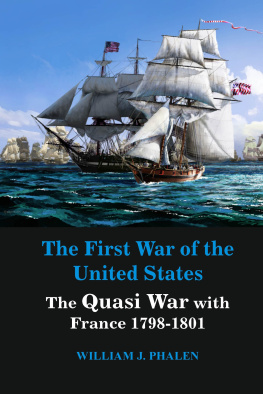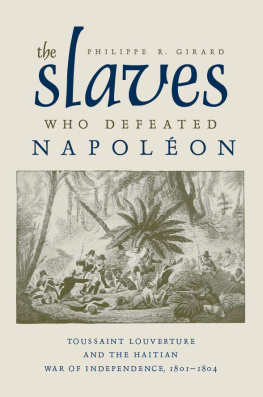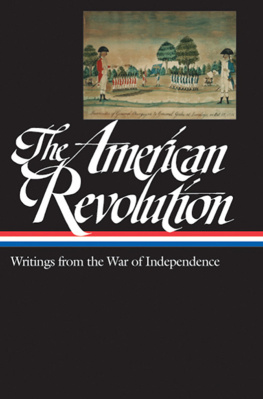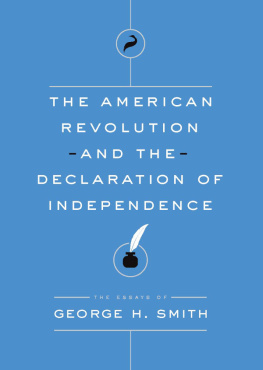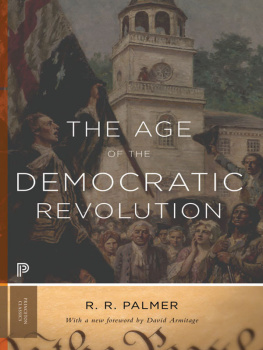Various
American Independence and the French Revolution (1760-1801)
Published by Good Press, 2019
EAN 4064066216115
INTRODUCTION
Table of Contents
This series of English History Source Books is intended for use with any ordinary textbook of English History. Experience has conclusively shown that such apparatus is a valuablenay, an indispensableadjunct to the history lesson. It is capable of two main uses: either by way of lively illustration at the close of a lesson, or by way of inference-drawing, before the textbook is read, at the beginning of the lesson. The kind of problems and exercises that may be based on the documents are legion, and are admirably illustrated in a History of England for Schools, Part I., by Keatinge and Frazer, pp. 377381. However, we have no wish to prescribe for the teacher the manner in which he shall exercise his craft, but simply to provide him and his pupils with materials hitherto not readily accessible for school purposes. The very moderate price of the books in this series should bring them within the reach of every secondary school. Source books enable the pupil to take a more active part than hitherto in the history lesson. Here is the apparatus, the raw material: its use we leave to teacher and taught.
Our belief is that the books may profitably be used by all grades of historical students between the standards of fourth-form boys in secondary schools and undergraduates at Universities. What differentiates students at one extreme from those at the other is not so much the kind of subject-matter dealt with, as the amount they can read into or extract from it.
In regard to choice of subject-matter, while trying to satisfy the natural demand for certain stock documents of vital importance, we hope to introduce much fresh and novel matter. It is our intention that the majority of the extracts should be lively in stylethat is, personal, or descriptive, or rhetorical, or even strongly partisanand should not so much profess to give the truth as supply data for inference. We aim at the greatest possible variety, and lay under contribution letters, biographies, ballads and poems, diaries, debates, and newspaper accounts. Economics, London, municipal, and social life generally, and local history, are represented in these pages.
The order of the extracts is strictly chronological, each being numbered, titled, and dated, and its authority given. The text is modernised, where necessary, to the extent of leaving no difficulties in reading.
We shall be most grateful to teachers and students who may send us suggestions for improvement.
S. E. WINBOLT.
KENNETH BELL.
NOTE TO THIS VOLUME
(17601801)
Table of Contents
The difficulty which an editor of period 17601801 has to face is the wealth of contemporary sources available. I have drawn largely, as will be seen, on the series of Home Office Papers in the Calendar of State Papers, the series of the Acts of the Privy Council, the Gentlemans Magazine, and Annual Register. I trust that the foreign relations of England are proportionately represented, though want of space has been against the inclusion of much that naturally suggests itself. In spite of defects, my hope is that teachers and pupils in public schools and universities will find these pages useful.
S. E. W.
Christs Hospital ,
April, 1912.
BRITISH VICTORIESA YOUNG MR. BURKE (1761).
Source.Letters of Horace Walpole. Edited by P. Cunningham London: Bentley. Vol. iii., pp. 419421. 1891.
Table of Contents
To George Montagu, Esq., Strawberry Hill, July 22, 1761.
Table of Contents
For my part, I believe Mademoiselle Scuderi drew the plan of this year. It is all royal marriages, coronations and victories; they come tumbling so over one another from distant parts of the globe, that it looks just like the handy-work of a lady romance writer, whom it costs nothing but a little false geography to make the great Mogul in love with a princess of, and defeat two marshals of France as he rides post on an elephant to his nuptials. I dont know where I am. I had scarce found Mecklenburgh Strelitz with a magnifying glass, before I am whisked to Pondicherriwell, I take it, and raze it. I begin to grow acquainted with Colonel Coote, and to figure him packing up chests of diamonds, and sending them to his wife against the Kings weddingthunder go the Tower guns, and behold Broglio and Soubise are totally defeated; if the mob have not much stronger heads and quicker conceptions than I have, they will conclude my lord Granby is become nabob. How the deuce in two days can one digest all this? Why is not Pondicherri in Westphalia? I dont know how the Romans did, but I cannot support two victories every week. Well, but you will want to know the particulars. Broglio and Soubise, united, attacked our army on the fifteenth, but were repulsed; the next day, the prince Mahomet Alli Cawnno, no, I mean prince Ferdinand, returned the attack, and the French threw down their arms, and fled, run over my lord Harcourt, who was going to fetch the new queen; in short, I dont know how it was, but Mr. Conway is safe, and I am as happy as Mr. Pitt himself. We have only lost a lieutenant-colonel Keith; colonel Marlay and Harry Townshend are wounded. I dined with your secretary yesterday; there were Garrick and a young Mr. Burke, who wrote a book in the style of lord Bolingbroke, that was much admired. He is a sensible man, but has not worn off his authorism yet, and thinks there is nothing so charming as writers, and to be one. He will know better one of these days. I like Hamiltons little Marly; we walked in the great alle, and drank tea in the arbour of treillage; they talked of Shakspeare and Booth, of Swift and my lord Bath, and I was thinking of Madame Svign. Good night! I have a dozen other letters to write; I must tell my friends how happy I amnot as an Englishman, but as a cousin.
Yours ever.
HONOURS FOR MR. PITT (1761).
Source.Correspondence of William Pitt, Earl of Chatham. Vol. ii., pp. 146 et seq. London, 18381840.
Table of Contents
The Earl of Bute to Mr. Pitt, October 6, 1761.
Table of Contents
Sir ,
I take up the pen with more than ordinary desire to succeed in the business I am, by the Kings command, to write to you upon. I earnestly wished to have carried to his Majesty some little opening of your mind; something that might have pointed towards that mark of his royal favour he seems impatient to bestow upon you.
As that was not in my power, the King has desired me to mention two ideas; wishing to have the one most agreeable to you carried into immediate execution: but, if neither should be suitable to your inclinations, it is hoped that you will not be averse to give his Majesty a little insight into your own thoughts upon this subject. The government of the province of Canada, with a salary of five thousand pounds, seemed to strike the King most; and that for two reasons: the first, as you would preside over a province acquired by your own ability and firmness; secondly, as it would convey to all the world his Majestys intentions of never parting with that great and important conquest. The objection of its not being tenable with a seat in parliament is foreseen; but a short bill might remedy that in this new case; in the preamble of which the Kings reasons for this appointment would be set forth. If, however, this should not strike you in the same light it does his Majesty, the next thing I am ordered to mention is the chancellor of the duchy, with the salary annexed to it as before mentioned.


